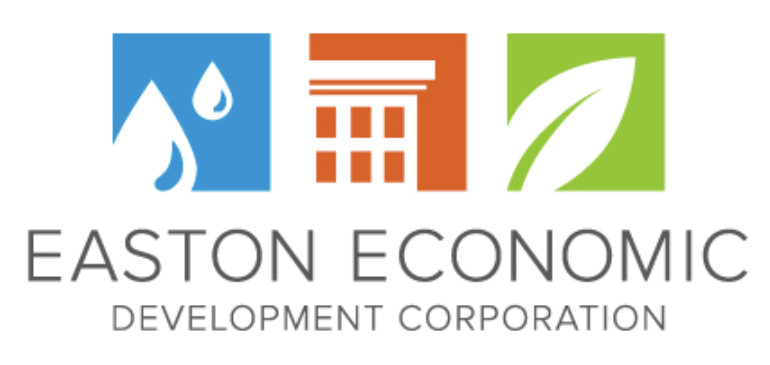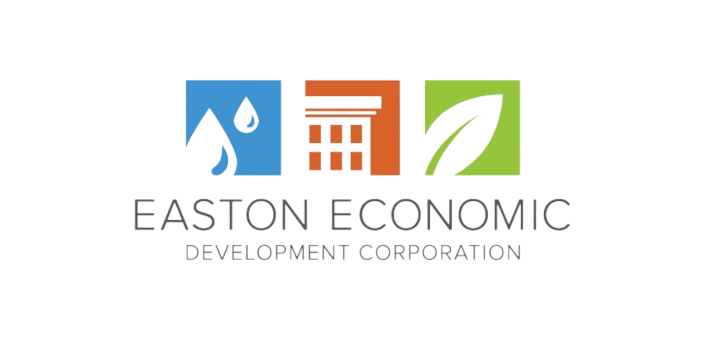We have all seen materials hauled away from building construction sites, roadway projects, and even natural disasters. But perhaps, we may not have considered what happens to all of the concrete, asphalt, and trees that are hauled away and how it might be affecting the environment.
Warren Edwards, Superintendent for Talbot County Roads Department, had an idea for dealing with this challenge while also developing a revenue stream to assist his department in meeting some of its goals for roads in the county. His idea was to build a repurposing center to sell repurposed concrete asphalt, soil, wood chips, and trees accumulated by his department’s projects, as well as the excess materials generated by others, including local governments and contractors. He recalls researching repurposing centers and visiting a recycling center in Wicomico County to get ideas about how it could be done in Talbot County.
“I realized there is a lot of waste out there from construction projects that could be reused in our county projects, as well as repurposed and sold to businesses needing certain materials,” comments Edwards.
Today, Talbot County’s Repurposing Center outside of Easton creates 25 re-sellable materials for the County to sell to over 113 Mid-Shore haulers, contractors, and municipalities with valid Maryland business licenses. Many of these businesses also contribute materials to be repurposed at the center, including hardwood logs, topsoil, mud, unprocessed wood chips, brick/block, asphalt, concrete, fill dirt, and leaves. The Center only takes brush from local governments after significant storm events.
The recent Easton Elementary School construction project contributed significant materials to the center over the last year and a half as did one of the recent hurricanes. The list of repurposed materials offered for sale by the Center includes such items as mulch, wood chips, topsoil, brick/block dust, bio-retention materials, millings, asphalt dust, stone, concrete dust, and fill dirt.
“One of the reasons this center works so well is that before our opening, these businesses and municipalities, like us, had to pay hundreds to thousands of dollars in dumping fees for the materials taken from their jobs,” Edwards states. “We also use the repurposed materials on all of our County projects, saving 30 percent on our costs. The metal recycled from concrete alone helps to fund our equipment maintenance.”
“The repurposing center is an innovative idea that reuses materials for another purpose and need. It lessens the number of items going to the landfill while providing contractors with quality materials at a reduced cost, and who couldn’t use that these days?” comments Council member Corey Pack.
The Center’s equipment can process one ton of concrete products using a crusher, a screener, and a trommel to create five recycled materials, including #2 stone, #3/4 stone, #7/#8 stone, concrete dust, and RC6. Asphalt that is recycled with the same equipment creates millings, asphalt dust, #3/4 stone, #7/#8 stone, and #2/#3 stone.
“This Center is about environmental mitigation – it’s about more than taking materials and reusing them to save money – it’s about not filling our landfills with these materials. Warren deserves a lot of credit for coming up with this creative idea and implementing it. The Talbot County Council has also been supportive of the equipment needs required to run this operation and the results we are getting from it,” comments County Manager Clay Stamp.
An additional benefit of recycled materials is that no chemicals are used in their processing. The result is 100 percent environmentally friendly material that is tested through an independent laboratory. Contractors purchasing materials are responsible, however, for their material being tested once it leaves the Center.
The Talbot County Department of Roads currently employs four people at the Repurposing Center.

